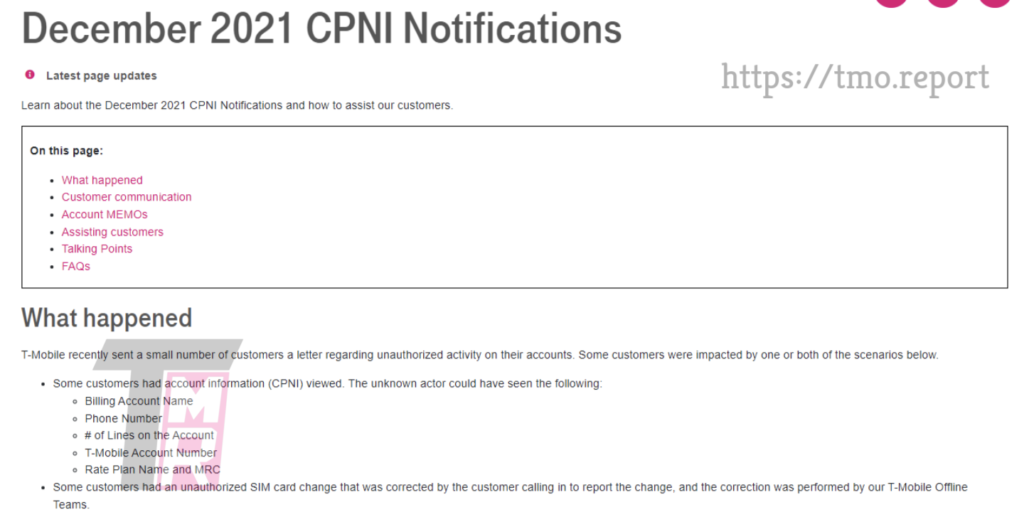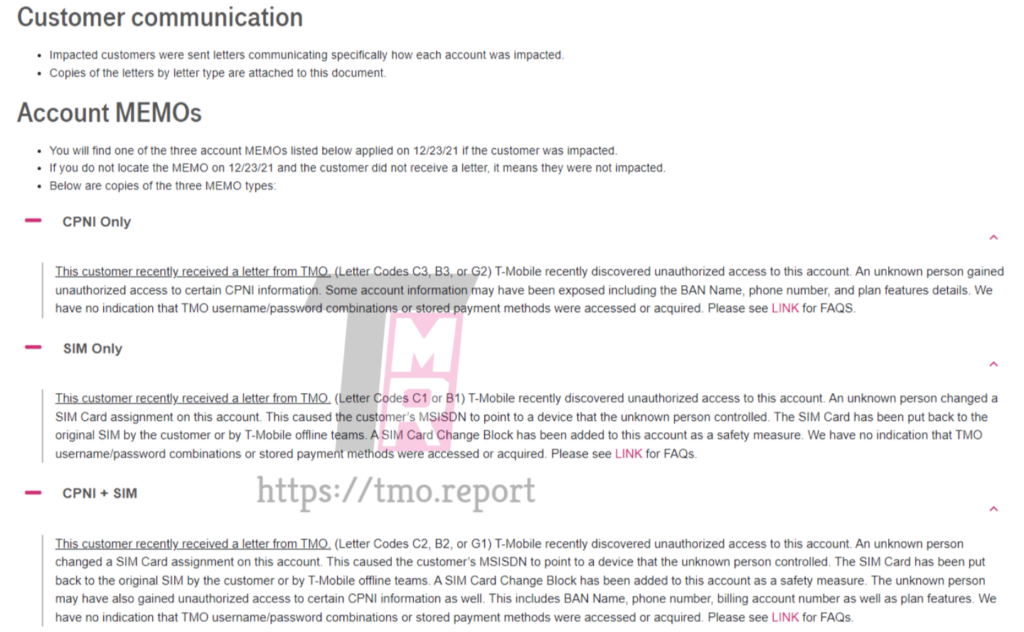Snap is suing the US Patent and Trademark Office (USPTO) for rejecting its application to trademark the word “spectacles” for its digital eyewear camera device. But the USPTO has maintained that “spectacles” is a generic term for smart glasses and that Snap’s version “has not acquired distinctiveness,” as required for a trademark.
In its complaint filed Wednesday in US District Court in California, Snap claims that the Spectacles name “evokes an incongruity between an 18th century term for corrective eyewear and Snap’s high-tech 21st century smart glasses. SPECTACLES also is suggestive of the camera’s purpose, to capture and share unusual, notable, or entertaining scenes (i.e., “spectacles”) and while also encouraging users to make ‘spectacles’ of themselves.”
Snap first introduced its camera-equipped Spectacles in 2016 (“a wearable digital video camera housed in a pair of fashionable sunglasses,” according to its complaint), which can take photos and videos while the user wears them and connects with the Snap smartphone app. Despite selling them both online and in pop-up vending machines around the world, the first iteration of Spectacles mostly flopped with consumers. In its 2017 third-quarter earnings report, Snap said it had lost nearly $40 million on some 300,000 unsold Spectacles.
In May 2021, Snap CEO Evan Spiegel showed off an augmented reality version of the Spectacles, which so far are available only to a small group of creators and reviewers chosen by the company. The AR Spectacles aren’t yet available for purchase by the general public.
Snap’s new complaint posits that there’s been enough media coverage of Spectacles, bolstered by some industry awards and its own marketing including social media, to support its claim that consumers associate the word “spectacles” with the Snap brand. Snap first filed a trademark application for Spectacles in September 2016, “for use in connection with wearable computer hardware” and other related uses “among consumer electronics devices and displays.”
During several rounds of back-and-forth with the company since then, the USPTO has maintained that the word “spectacles” appeared to be “generic in connection with the identified goods,” i.e. the camera glasses. Snap continued to appeal the agency’s decision.
In a November 2021 opinion, the USPTO’s Trademark Trial and Appeal Board (pdf) upheld the decision, reiterating that the word “spectacles” was a generic term that applied to all smart glasses, not just Snap’s version. Despite the publicity Snap claimed its Spectacles had received from its marketing and social media, the board noted in its opinion that Spectacles’ “social media accounts have an underwhelming number of followers, and the number of followers is surprisingly small,” which didn’t support the company’s argument that there had been a high enough level of consumer exposure to Snap’s Spectacles to claim that consumers associated the word with Snap’s brand.
[…]




